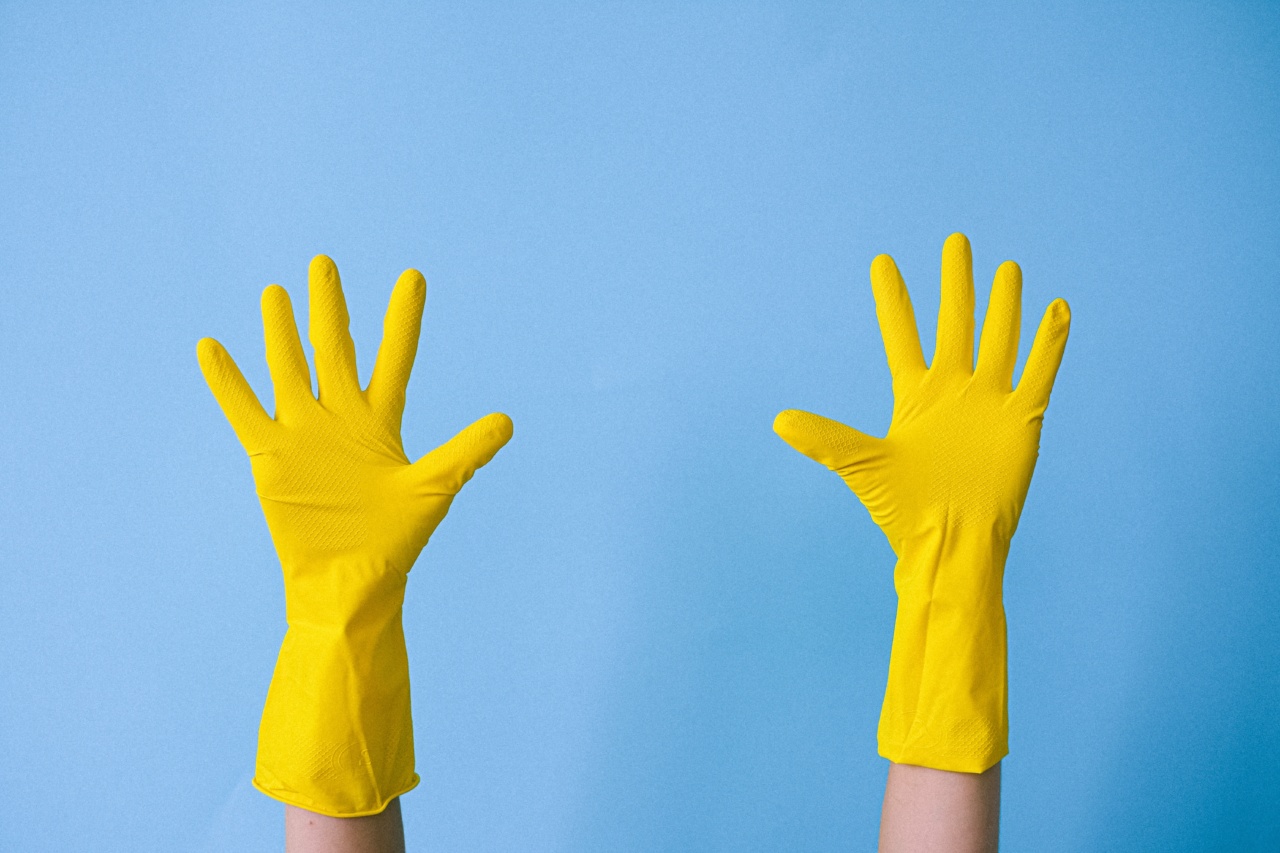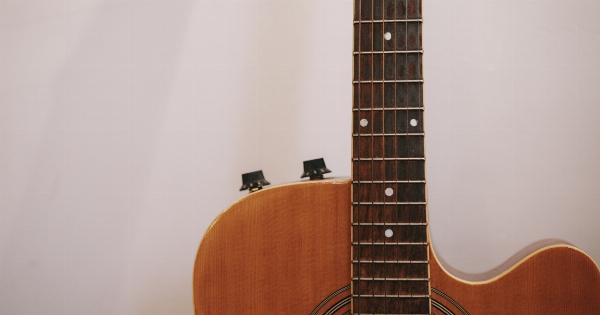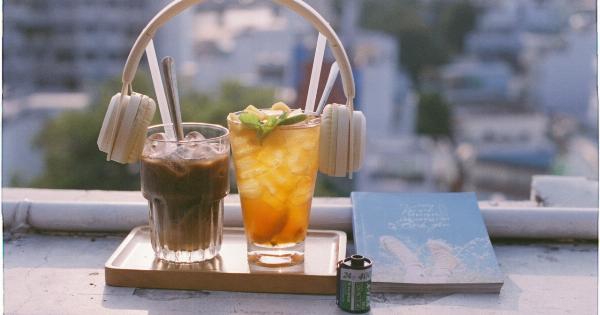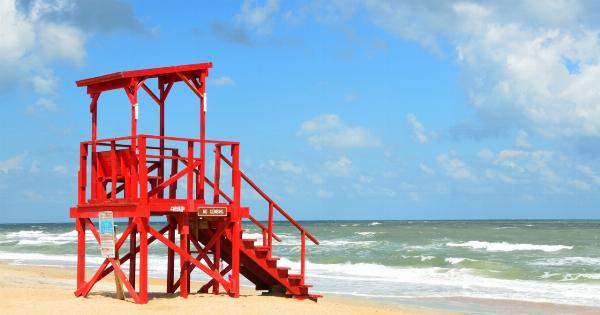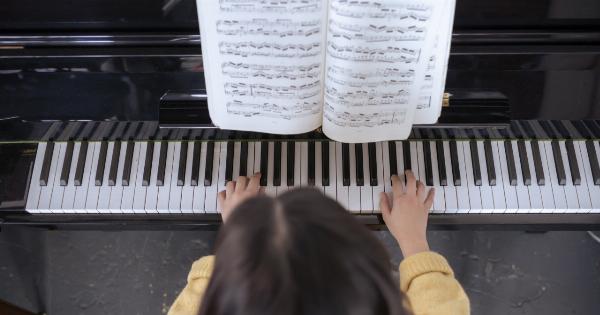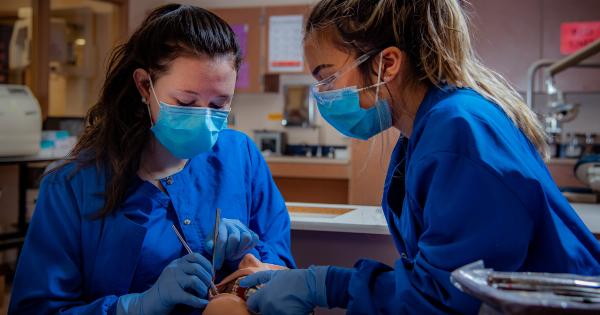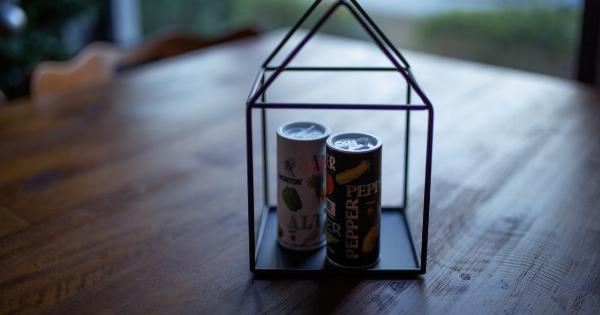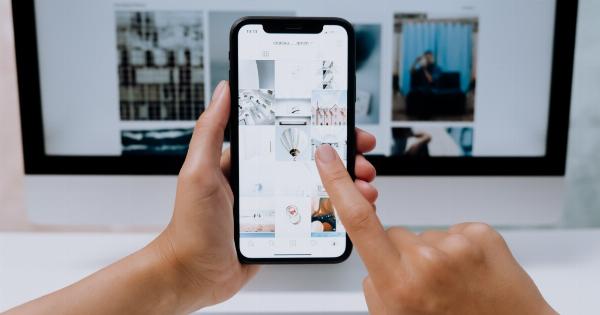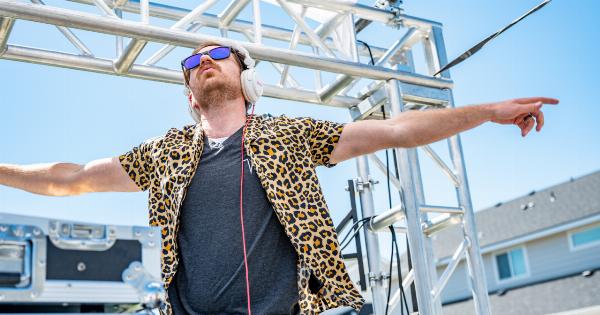Music concerts are an exhilarating experience that allows you to immerse yourself in the vibrant energy of your favorite bands or artists. The loud music, the screaming fans, and the intense atmosphere create an unforgettable memory.
However, amidst all the excitement, it is crucial to prioritize your hearing health and take necessary precautions to protect your ears.
The Dangers of Loud Music
Exposure to loud music for an extended period or at high volumes can have severe consequences on your hearing. Noise-induced hearing loss (NIHL) is a growing concern, especially among young concert-goers who often fail to recognize the potential harm.
Loud music can damage the hair cells in your inner ear, which are responsible for translating sound vibrations into electrical signals that your brain can understand.
Once these hair cells are damaged, they cannot be repaired or regenerated, leading to permanent hearing loss.
Additionally, continuous exposure to loud music can cause tinnitus, a condition characterized by a persistent ringing or buzzing sensation in the ears. Tinnitus can be incredibly distressing and can significantly impact your quality of life.
The Importance of Ear Protection
In order to enjoy concerts without putting your hearing at risk, it is essential to invest in proper ear protection. Earplugs are a simple and effective way to safeguard your ears from the damaging effects of loud music.
When choosing earplugs for concerts, it is important to opt for high-fidelity or musician earplugs. These specialized plugs are designed to reduce the volume of the music while maintaining sound quality and clarity.
Standard foam earplugs, although readily available, can alter the music’s tonality and diminish your concert experience.
Musicians and concert professionals understand the importance of protecting their hearing and often use custom-molded earplugs, which provide the best fit and sound protection.
While more expensive than generic earplugs, custom earplugs offer superior comfort and sound quality, making them a worthwhile investment for avid concert-goers.
Tips for Safe Concert Attendance
Aside from using ear protection, there are several other measures you can take to ensure a safe and enjoyable concert experience while minimizing the risk to your hearing:.
1. Assess the Venue
Prior to purchasing concert tickets, research the venue to get an idea of its size and layout. Larger venues tend to generate louder sound levels, increasing the risk of hearing damage.
Opt for seats or standing areas that are further away from the speakers.
2. Take Breaks
Concerts can be intense and extended exposure to loud music can be detrimental. Take periodic breaks outside the venue to give your ears a chance to rest and recover from the noise.
3. Use Volume Limiting Headphones
If you’re a regular concert-goer or enjoy listening to music through headphones, consider investing in volume limiting headphones.
These headphones restrict the maximum volume level, preventing you from unintentionally turning up the volume to dangerous levels.
4. Be Aware of Noise Levels
Pay attention to noise levels in your surroundings, not just at concerts. Avoid excessively loud environments whenever possible and try to maintain safe noise levels to protect your ears.
5. Get Regular Hearing Check-ups
Regular hearing check-ups allow you to monitor the health of your ears and identify any early signs of hearing loss. By detecting any issues early on, you can take appropriate action to prevent further damage.
Conclusion
Attending concerts is a fantastic way to celebrate your love for music, but it’s crucial not to overlook the importance of protecting your hearing.
By investing in proper ear protection, being mindful of noise levels, and taking breaks when needed, you can continue to enjoy the music while safeguarding your precious sense of hearing for years to come.
